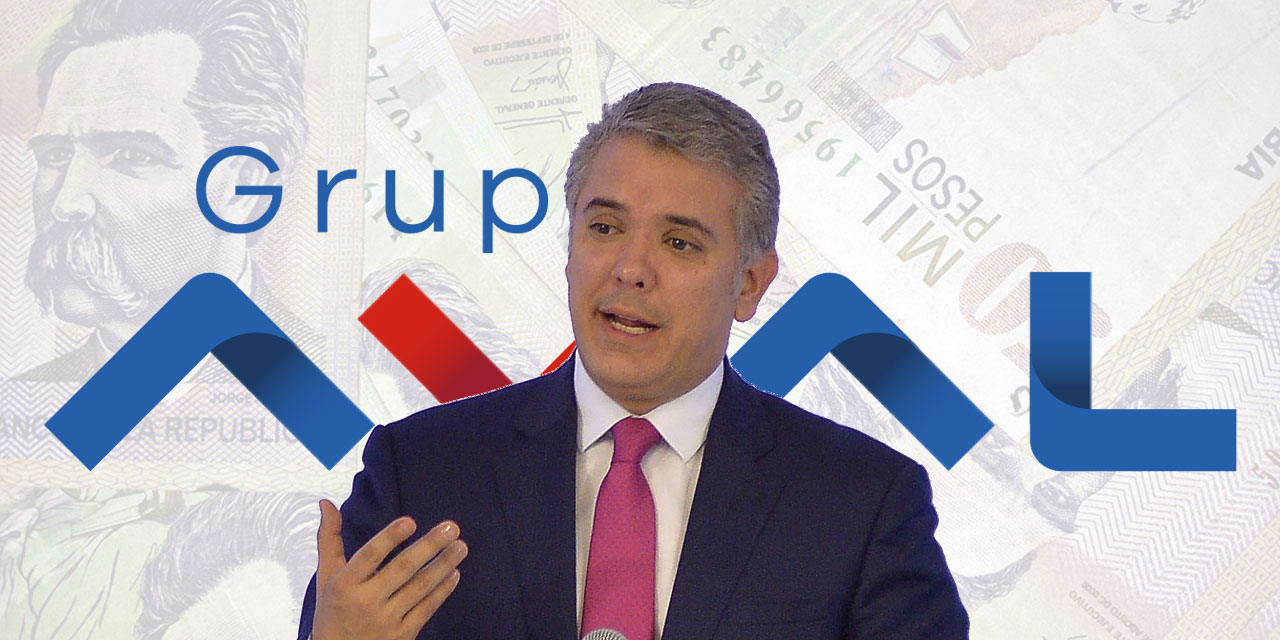Colombia’s former anti-corruption chief warned Thursday that President Ivan Duque’s election campaign was largely financed by Grupo Aval. Both have been tied to the Odebrecht bribery scandal.
The warning came from Colombia’s former anti-corruption chief and current member of the International Institute on Anticorruption Studies (IIAS), Camilo Enciso, just when the Supreme Court is studying Duque’s proposed candidates to investigate the bribery of the Brazilian engineering firm.
Duque’s alleged links to Odebrecht raise doubts about impartiality of special prosecutor
According to Enciso, Grupo Aval, daughter Banco de Bogota, financed 66% of Duque’s presidential campaign earlier this year.
The anti-corruption official sent a letter to the Supreme Court, warning the high court about Grupo Aval and Duque’s evident conflict of interest in the investigation.
It is necessary to bear in mind that Banco de Bogota is a financial entity belonging to Grupo Aval, a business group linked to Corficolombiana, minority partner of Concesionaria Ruta del Sol II. In turn, the Concessionaire Ruta del Sol II, as the country has known, has been involved with the corruption case that today captures the attention of all Colombians.
IIAS official Camilo Enciso
The majority owner of Grupo Aval and Colombia’s richest man, Luis Carlos Sarmiento, lent Duque $4.8 million (COP15.2 billion) for his successful attempt to defeat the leftist anti-corruption candidate Gustavo Petro in June.
Colombia’s chief prosecutor Nestor Humberto Martinez, who was “Sarmiento’s guy” until his appointment in 2016 has been removed from the case, as well as the entire Prosecutor General’s Office.
Revelations that Martinez knew about the bribery before becoming Prosecutor General spurred the court to seek the appointment of a special prosecutor, based on a shortlist composed by the president.
Duque proposes allies with no experience in criminal law to investigate Odebrecht bribery scandal
The scandal is slowly turning into a constitutional crisis. If the Supreme Court decides the president cannot propose special prosecutor candidates because of his conflict of interest, there exists no legal precedent of how this special prosecutor could be appointed.
Martinez has rejected to make place for a new prosecutor general, who would also have to be proposed by the president, creating a virtually impossible situation to adequately investigate one of the biggest corruption scandals in Colombia’s recent history.


